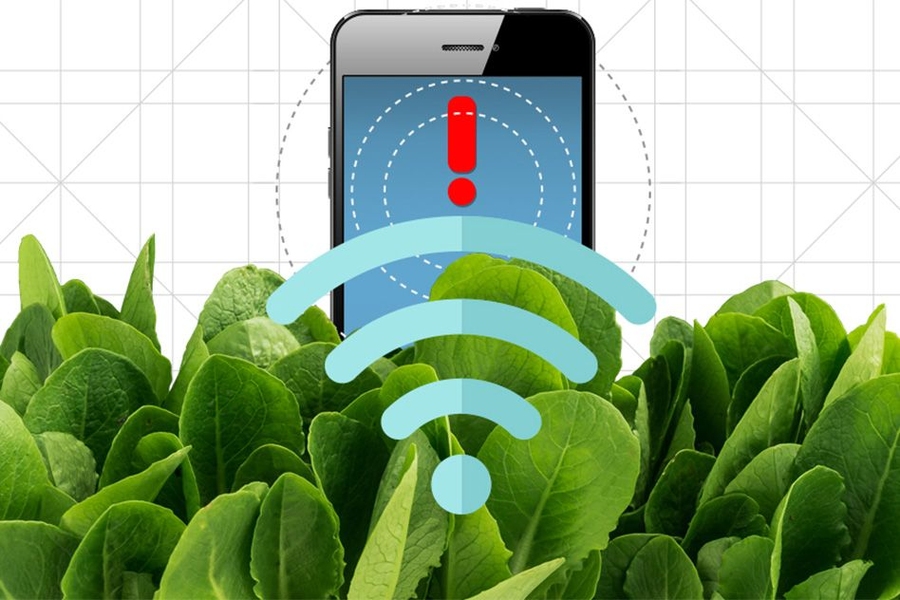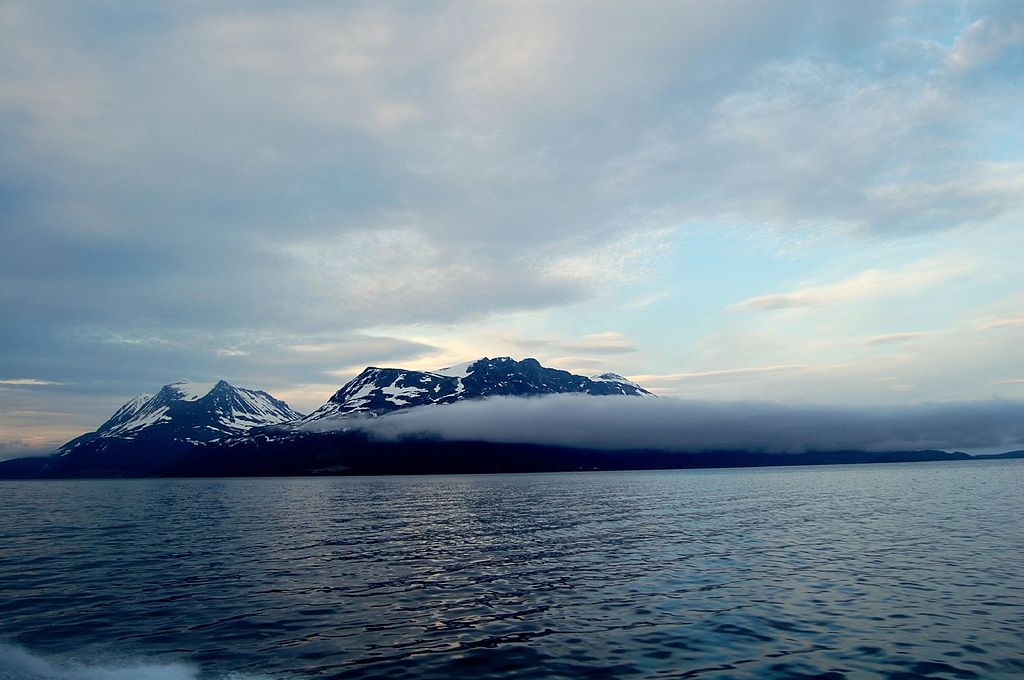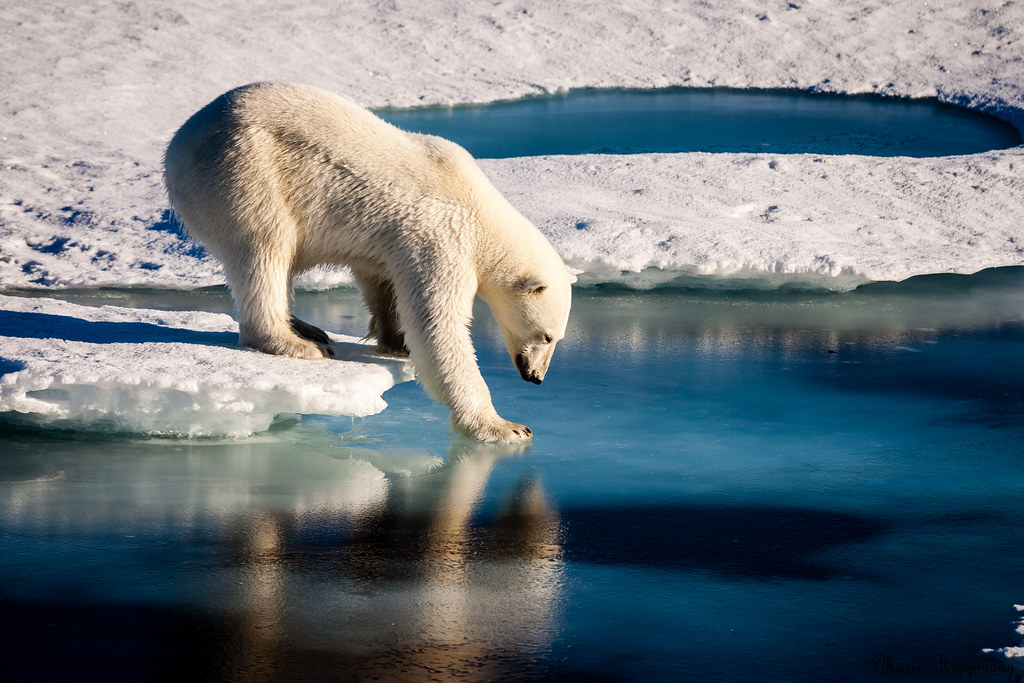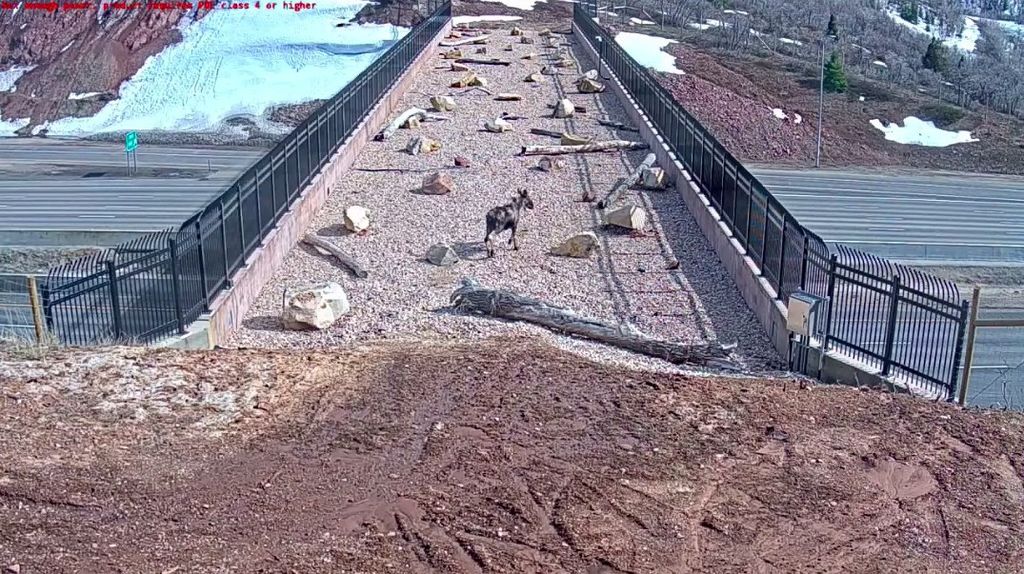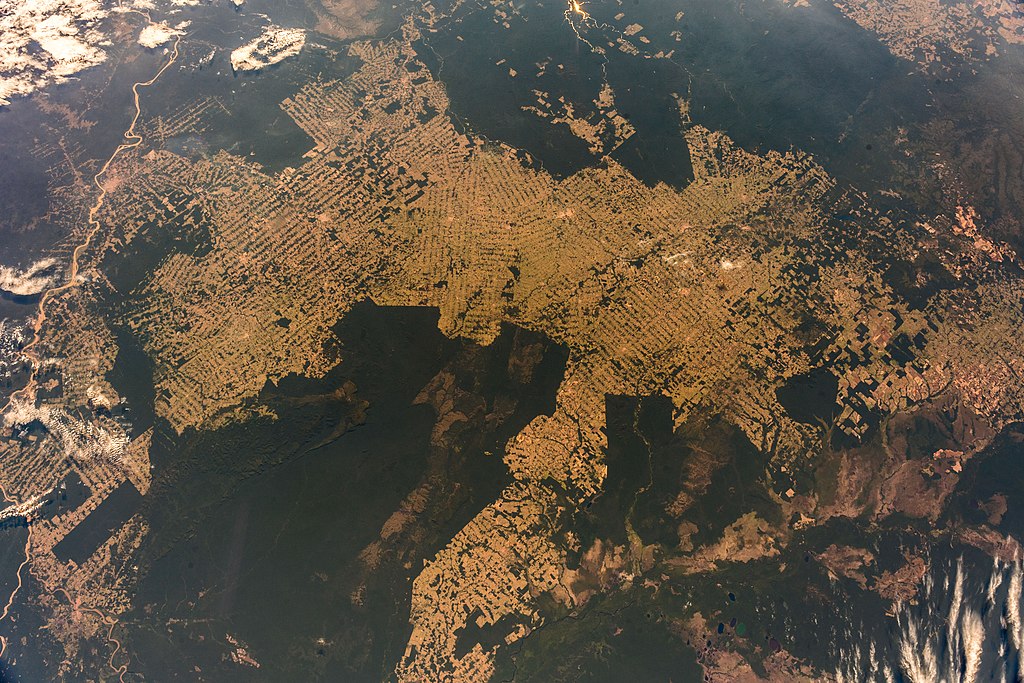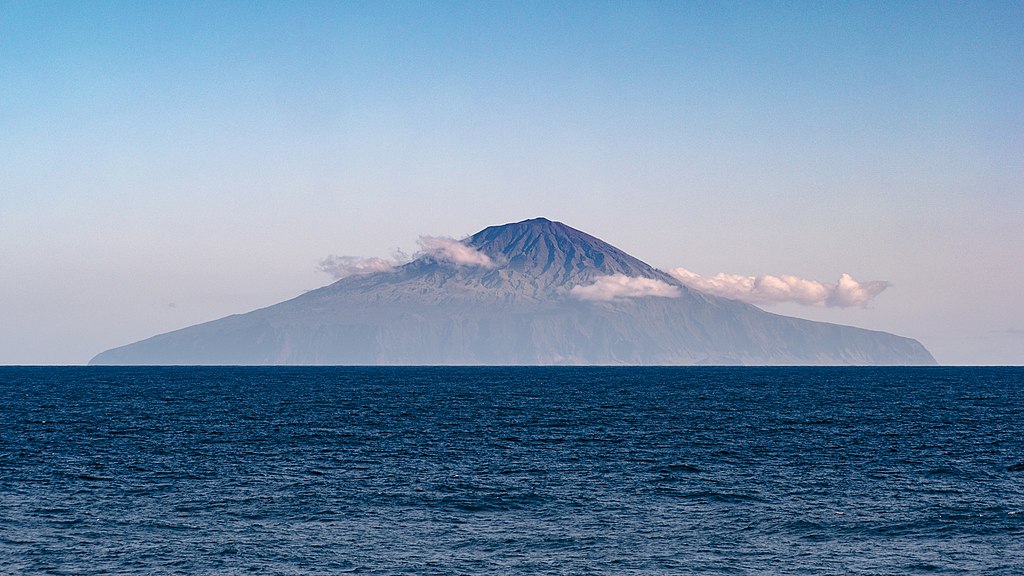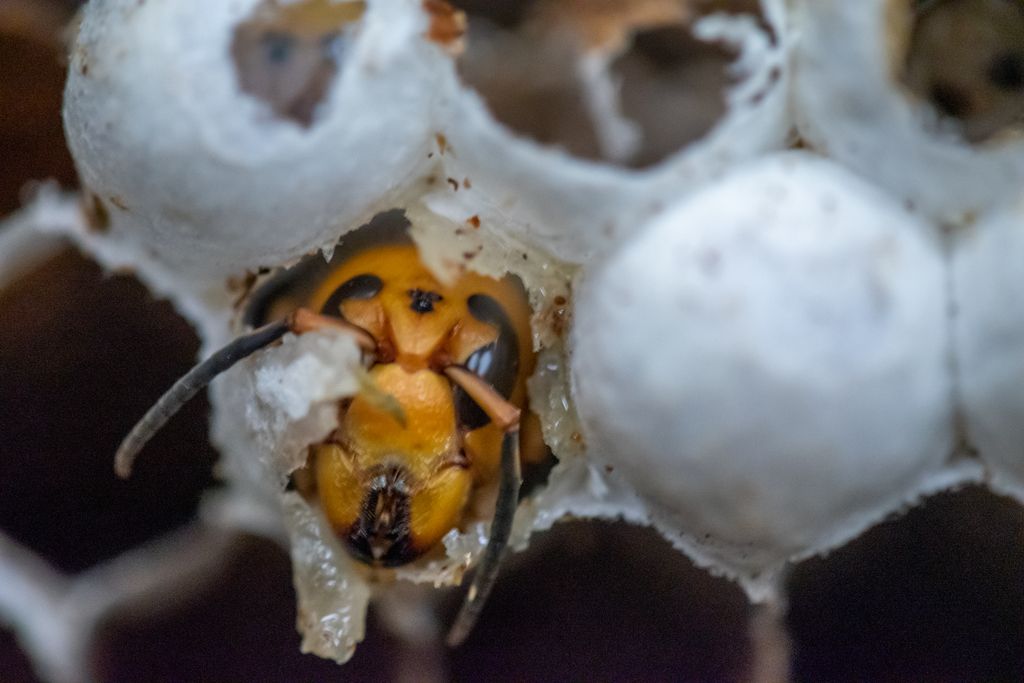In today's news roundup, Captain Tom, who inspired Britain, has passed away at the age of 100, a company called bluShift has launched a rocket powered by biofuel, and a woman is caught trying to sneak cactuses into New Zealand - by wearing them.
Published in “Environment”
Scientists at MIT have managed to change ordinary spinach plants into natural sensors which can detect chemicals used in bombs. Using a cheap and small computer system, the spinach can even trigger a warning email.
A recent scientific study has shown that the Arctic Ocean is polluted with tiny microplastic fibers. The fibers were found all through the Arctic. The most likely source of the pollution is laundry from Europe and North America.
To recap 2020, NewsForKids.net is taking a look back at some of the most interesting stories we’ve covered this year. Today we’re looking at stories about the environment and the climate crisis.
As humans take over more and more of the planet, animals who normally travel over large areas are struggling to survive. One way of helping these animals is to create bridges and tunnels to help them cross dangerous roads.
Today NFK looks at several strong storms around the world. Yesterday, Fiji was hit by Cyclone Yasa, a strong snowstorm in the US Northeast dumped heavy snow across a wide area, and massive snows in Japan left over 1,000 cars stuck on a highway.
Last Saturday marked exactly five years since the world's countries reached a historic agreement in Paris to fight the climate crisis. Though some progress has been made since then, the climate crisis is more serious now than ever before.
Under Brazil's president, Jair Bolsonaro, more of the country's Amazon rainforest has been lost in the last year than in any of the last 12 years. The loss carries serious climate effects for the rest of the world.
Among the more unusual news stories recently…protesting lawmakers throw pig guts in Taiwan's parliament, an elephant is pulled out of a well with a crane in India, and a New Zealand city is forced to replace exploding parking sensors.
Last Friday, Tristan da Cunha, a tiny, remote island in the middle of the Atlantic Ocean announced that it was creating one of the largest protected ocean areas in the world.
In late October, scientists in Washington state destroyed the first nest of Asian giant hornets found in the US. Now they're reporting that the nest held nearly 200 queens - insects capable of going out and starting even more nests.


